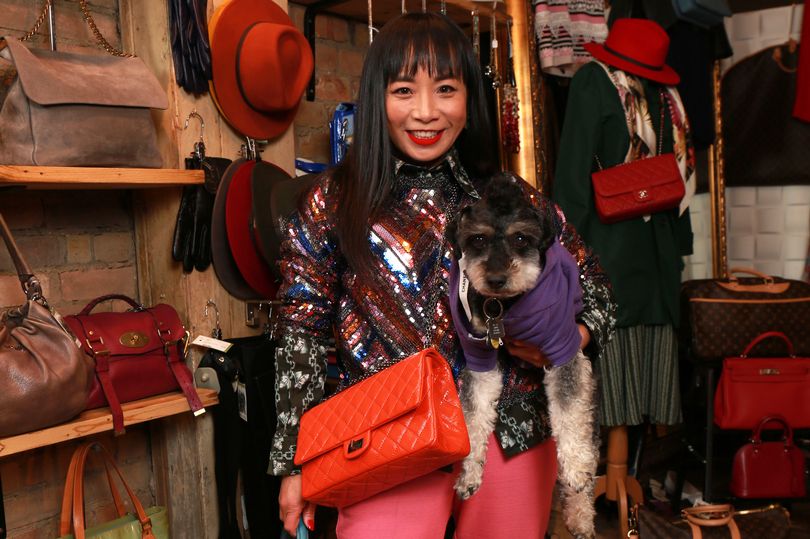Ireland has had a tenuous relationship with the resale market. The idea of taking someone else’s hand-me-downs has proven a difficult pill for most Irish consumers to swallow. Sociologists, at a push, might link it back to a hangover from our famine days and the poor houses, but whatever reason, attitudes are definitely changing. The importance of environmental concerns has made second-hand socially acceptable and designer resale has shown itself to be a strong contender in the marketplace. Sites such as Vestiaire and Poshmark have made sustainability chic, while closer to home Siopaella has emerged as a market leader. Founded…
Cancel at any time. Are you already a member? Log in here.
Want to read the full story?
Unlock this article – and everything else on The Currency – with an annual membership and receive a free Samsonite Upscape suitcase, retailing at €235, delivered to your door.

